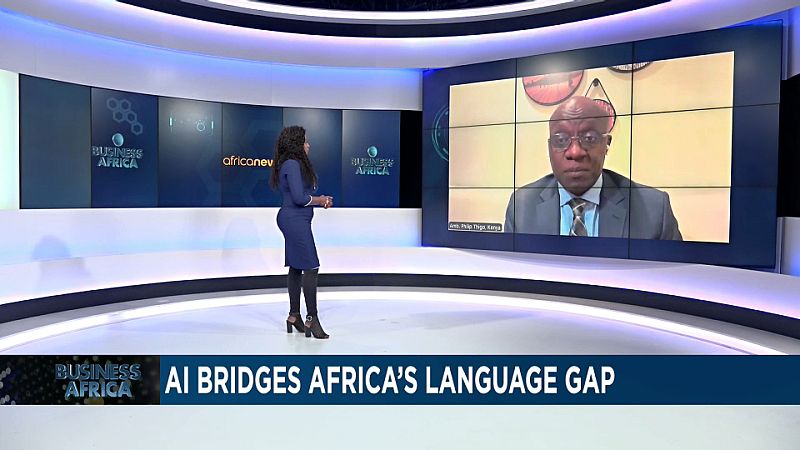How AI is breaking language barriers in Africa {Business Africa}

As the world gathered in Paris for the AI Summit to explore the transformative potential of artificial intelligence, a groundbreaking innovation is quietly reshaping Africa’s digital landscape. LugandaGPT, an AI-powered language model, is making digital content more accessible to millions of non-English speakers by supporting indigenous languages.
For years, language barriers have limited access to technology, business, and education across Africa. With most online content available in English or other dominant global languages, many African entrepreneurs, students, and small businesses have struggled to fully participate in the digital economy. LugandaGPT and similar AI-driven solutions are changing this narrative by enabling seamless translation and communication in local languages.
To explore the impact of localized AI, we spoke with Ambassador Philip Thigo, Kenya’s Special Envoy for Technology. He emphasized the vast business potential of AI models tailored to African languages, particularly in a continent where small and medium enterprises (SMEs) drive economic growth.
He also pointed out the challenges hindering AI adoption in Africa, including the high cost of data infrastructure, a shortage of trained AI professionals, and limited computing power. “
What a TikTok Ban Means for African Entrepreneurs
As the U.S. considers a potential ban on TikTok, African entrepreneurs brace for possible disruptions. Many, like Amanda Okafor, founder of Bellanomi, have built thriving businesses using TikTok’s organic reach to connect with customers. Now, they are strategizing on how to navigate this changing digital landscape and find alternative platforms to sustain their growth.
Uganda’s Shoe Brush Innovation
With Uganda’s merchandise trade deficit surpassing $300 million in August 2024, the push for import substitution has never been more critical. One entrepreneur is stepping up to the challenge, transforming cow tails into durable, locally made shoe brushes to reduce reliance on imports.
Darren Allan Kyeyune reports on this innovative approach to strengthening Uganda’s footwear industry.
Today


